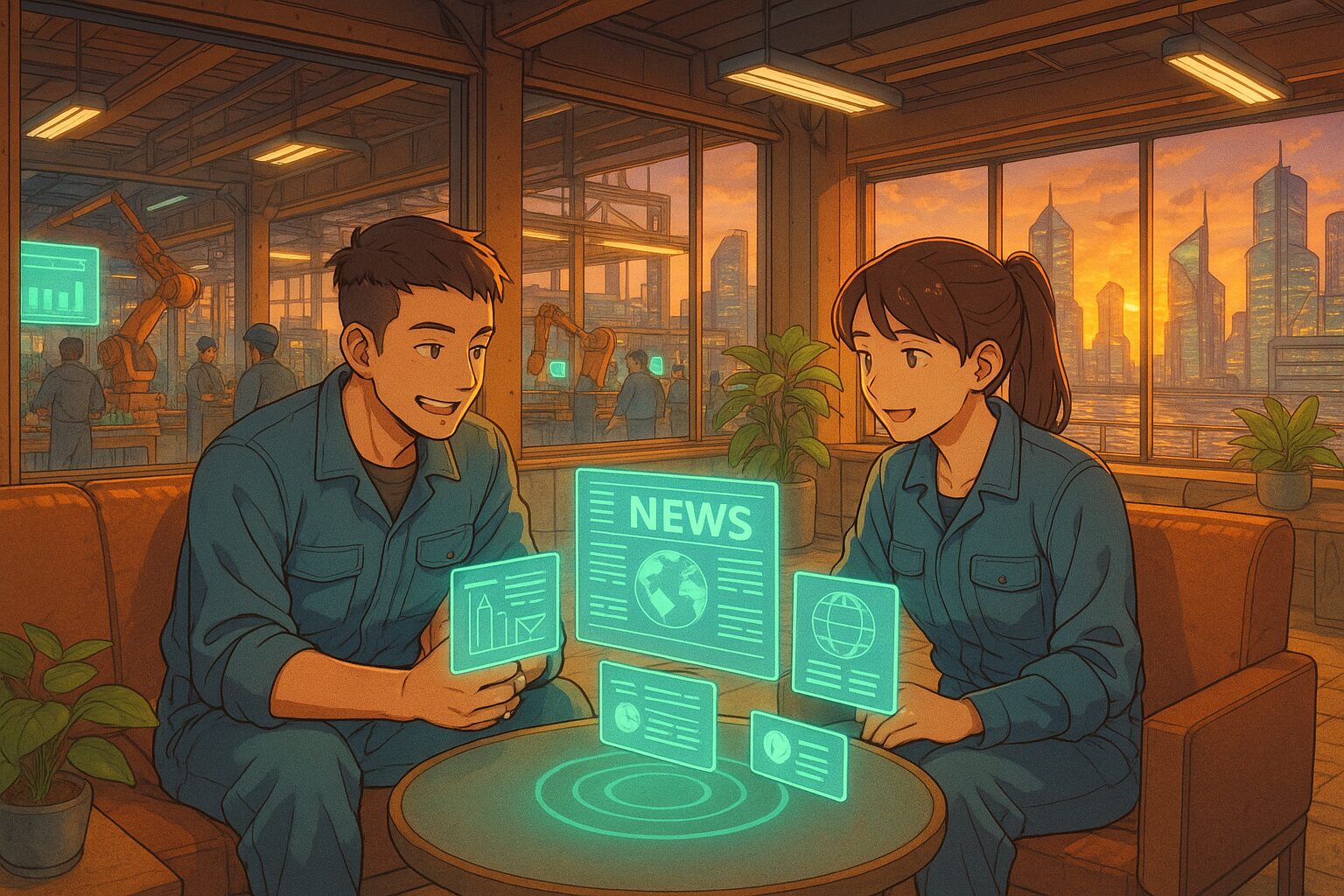The evolution of artificial intelligence (AI) shows no signs of stopping. In this context, renowned investor Vinod Khosla predicts that AI could render traditional university degrees and elite professions obsolete. If this trend continues, how will our learning and work change?
1. Today’s News
Source:
AI could make college degrees obsolete, says Vinod Khosla
Summary:
- Investor Vinod Khosla stated that the evolution of AI could make university degrees unnecessary.
- It is also predicted that AI will render many elite professions obsolete.
- This could significantly change the values associated with education and careers.
2. Considering the Background
As innovations in AI progress, perspectives on education and careers are being re-evaluated. Many people pursue degrees in universities to gain specialized knowledge, but AI is beginning to possess the capability to substitute that role. This issue is directly linked to how technology impacts the education system and the changes it brings to our career development. How will we accept this change going forward?
3. What Will the Future Hold?
Hypothesis 1 (Neutral): A Future Where AI Becomes Central to Education
AI will permeate the education field deeply, leading to significant changes in learning methods. School and university curricula will shift towards AI-driven personalized learning, allowing for education tailored to each student’s pace. This could result in decreased value of degrees and a new era where actual skills and abilities are recognized.
Hypothesis 2 (Optimistic): A Future with Increased Job and Educational Opportunities
As AI replaces routine tasks, people will be able to focus on more creative and human-centric jobs. This will lead to a rise in new professions and educational opportunities, popularizing the concept of lifelong learning that goes beyond conventional forms of learning. Education will diversify, increasing choices for learning, possibly granting everyone a chance for self-actualization.
Hypothesis 3 (Pessimistic): A Future of Expanding Educational Disparities
With the advancement of AI, while some professions may become unnecessary, there will be an increased demand for those capable of working with AI. However, there is a risk that disparities will grow between those who have access to AI resources and education and those who do not. Consequently, societal inequalities may deepen, giving rise to a new form of educational disparity.
4. Tips for Us
Mindset Tips
- Re-evaluate whether your skills and knowledge hold value that cannot be replaced by AI.
- Consciously observe what AI technologies are being used in your daily life.
Small Practical Tips
- Try online courses to learn new skills.
- Be mindful of sharing basic knowledge about AI with those around you and creating an environment for collective learning.
5. What Will You Do?
- With the future of AI evolution in mind, what skills do you wish to acquire?
- As the form of education changes, what type of learning are you seeking?
- What preparations will you make for changes in professions due to AI?
- What vision of the future do you have? Please share your thoughts on social media or in comments.









